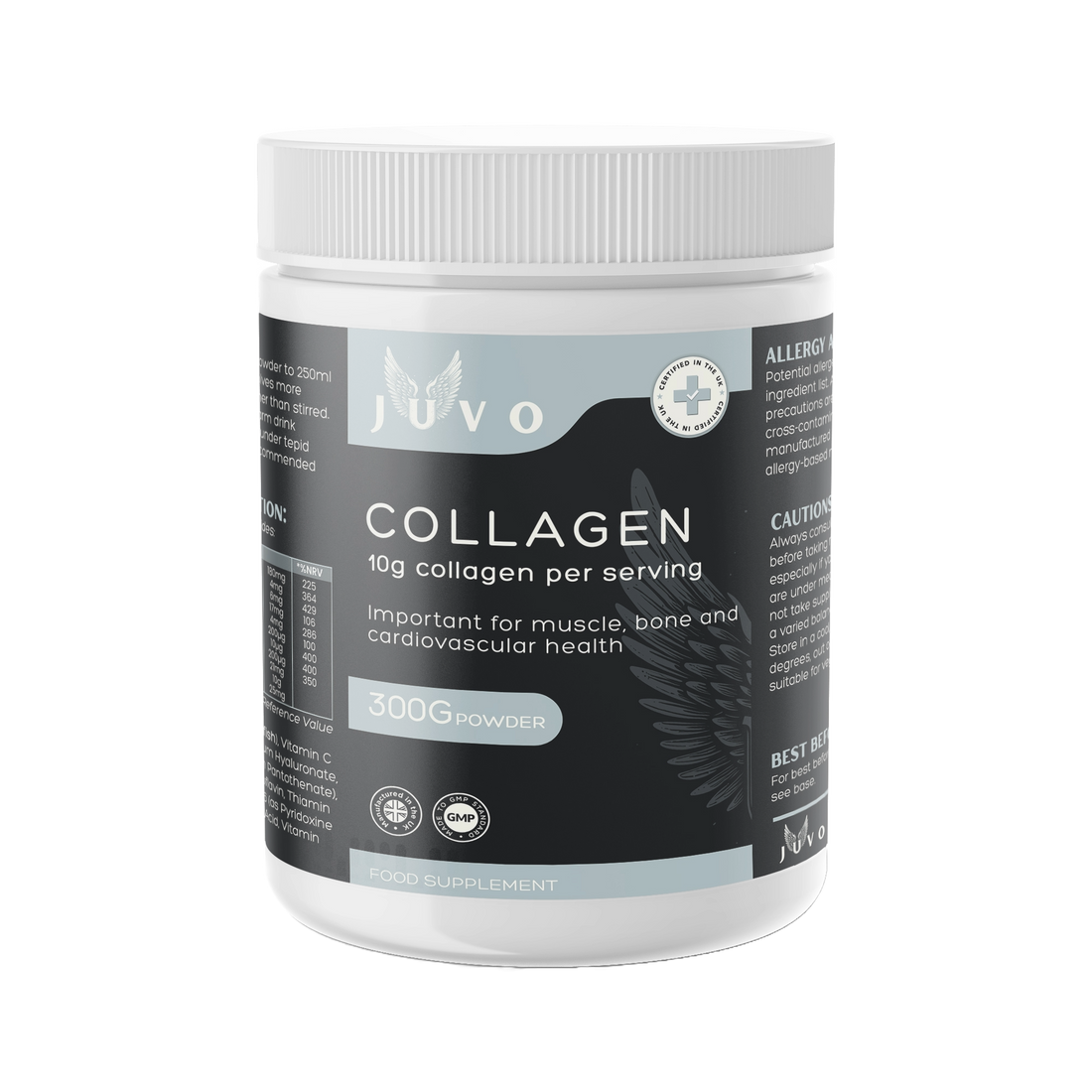
What Age Should You Take Collagen?
Share
Collagen supplements have become a staple in the health and beauty industry, touted for their benefits to skin, hair, nails, and joint health. But a common question that arises is: "At what age should you start taking collagen?" Understanding the role of collagen in our bodies and how its production changes over time can help determine the best age to start supplementation.
The Role of Collagen in the Body
Collagen is the most abundant protein in the human body, providing structure and strength to connective tissues, including skin, hair, nails, bones, and joints. It’s crucial for maintaining skin elasticity, joint flexibility, and overall tissue repair and regeneration. As we age, natural collagen production declines, which can lead to visible signs of aging and joint discomfort.
When Does Collagen Production Decline?
Collagen production starts to decrease as early as our mid-20s. By the time we reach our 30s, the decline becomes more noticeable, with an estimated reduction of about 1-2% per year. This gradual decrease contributes to the development of wrinkles, reduced skin elasticity, and joint issues.
Ideal Age to Start Taking Collagen
Early 20s to 30s: Prevention and Maintenance
Starting collagen supplementation in your early 20s can be a proactive approach to maintaining skin health and preventing early signs of aging. While your body is still producing collagen at a relatively high rate, supplementing can help maintain optimal levels and support skin hydration and elasticity. This period is ideal for those who want to preserve their youthful appearance and support their joints and overall health.
30s to 40s: Combating Early Signs of Aging
For those in their 30s and 40s, collagen supplements can help combat the early signs of aging. During this decade, many people begin to notice fine lines, wrinkles, and decreased skin firmness. Supplementing with collagen can help counteract these changes by boosting the body's collagen levels and supporting skin and joint health.
50s and Beyond: Supporting Aging Joints and Skin
In your 50s and beyond, collagen supplementation becomes even more important. The natural decline in collagen production is more pronounced, leading to more visible signs of aging and potential joint discomfort. Taking collagen can help support skin elasticity, reduce the appearance of wrinkles, and improve joint flexibility and comfort.
Benefits of Collagen at Different Life Stages
- Youth (20s-30s): Supports skin hydration, elasticity, and overall maintenance.
- Middle Age (30s-50s): Helps reduce fine lines, wrinkles, and supports joint health.
- Senior Years (50s and beyond): Aids in reducing wrinkles, improving skin texture, and enhancing joint function and mobility.
Choosing the Right Collagen Supplement
When selecting a collagen supplement, consider the form that best suits your lifestyle. Collagen peptides (hydrolysed collagen) are popular due to their high bioavailability and ease of use. They can be found in powders, capsules, and even drinks, making it easy to incorporate into your daily routine.
